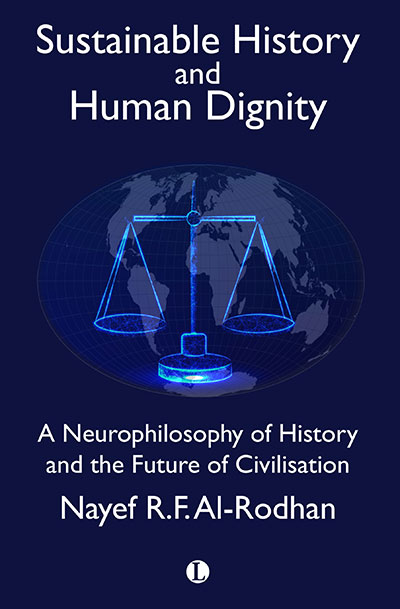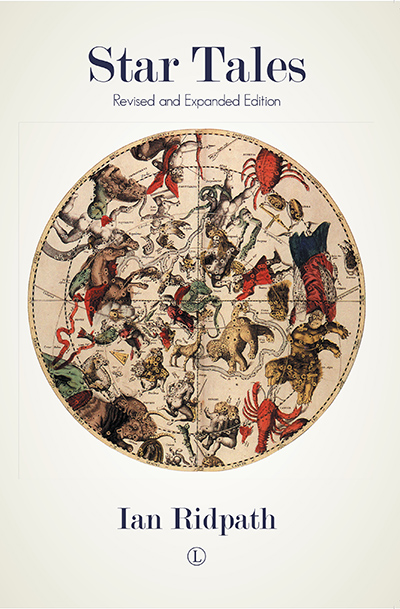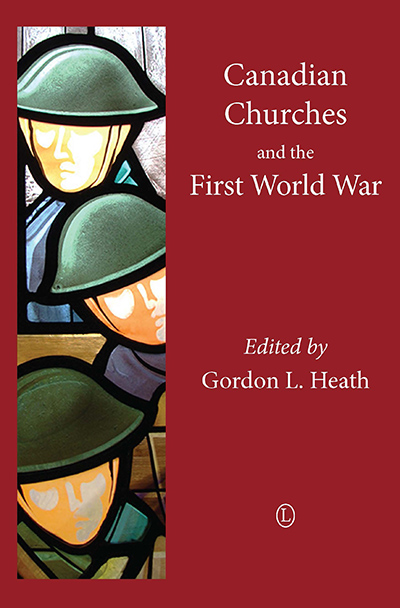Description
In Sustainable History and Human Dignity, Professor Nayef Al-Rodhan shows that it is the human quest for sustainable governance, balancing the ever-present tension between nine human dignity needs and three human nature attributes (emotionality, amorality & egoism), that has and will most profoundly shape the course of history. Beginning with an ‘Ocean Model’ of a single collective human civilisation, Al-Rodhan constructs a common human story comprised of multiple geo-cultural domains and sub-cultures with a history of mutual borrowing and synergies. If humanity as a whole is to flourish, all of these diverse geo-cultural domains must succeed. Only thus can lasting peace and prosperity be achieved for all, especially in the face of ‘Civilisational Frontier Risks’ and highly disruptive technologies in the twenty-first century.
About the Author
Professor Nayef R. F. Al-Rodhan is a Neuroscientist, Philosopher and Geostrategist. He was educated at the Mayo Clinic, Yale University and Harvard University, and is now an Honorary Fellow of St. Antony’s College, Oxford, Senior Fellow and Head of the Geopolitics and Global Futures Programme at the Geneva Center for Security Policy, Senior Research Fellow at the Institute of Philosophy, School of Advanced Studies, University of London, and a member of the Council on Frontier Risks at the World Economic Forum (WEF). He is a Prize winning scholar, and was voted amongst the top 30 most influential neuroscientists in the world. He has written 22 books and 250 articles.
Contents
List of Figures and Tables
Acknowledgements
1. Sustainable History with Dignity and without Directionality
Part 1. The Foundations of Life, Human Nature and Human Knowledge
2. Where Are We? Cosmology and the Big Universal Picture
3. Who Are We? Neurochemical Man and Emotional Amoral Egoism
4. What Motivates Us? The Neuro P5, Power and Sustainable History
5. Why Are We Here? The Sustainable Neurochemical Gratification Principle
6. What Do We Know for Certain? A Proposal for a Theory of Knowledge
Part 2. The Eight Prerequisites for Sustainable History
7. How Can Dignity Be Attained? Minimum Criteria for Human Dignity
8. How Can We Sustainably Govern Ourselves? Balancing the Attributes of Human Nature and the Requirements for Human Dignity
9. What Is Needed for Good National Governance? Minimum Criteria for Dignity-Based National Governance
10. What Is Needed for Good Global Governance? Minimum Criteria for Dignity- Based Good Global Governance
11. How Can We Shape a Fairer World? Minimum Criteria for Global Justice
12. How to Create a Safer World? The Five Dimensions of Global Security
13. How Should We Approach International Relations? Symbiotic Realism
14. How Should Statecraft Be Conducted? Twenty- First- Century Statecraft and Meta-Geopolitics
15. How Should Cultures Interrelate? Transcultural Security and Universal Axiology
16. How Can We Collectively Succeed? The Beneficial Development of Individual Geo-cultural Domains
Part 3. The History and the Future of Human, Trans-Human and Post-Human Civilisation
17. Where Are We Going? Sustainable History and the Future of Civilisatio
Notes
Bibliography
Endorsements and Reviews
Professor Al-Rodhan is both a distinguished neuroscientist and profound philosopher, straddling the disciplinary divide. Here he offers not just an illuminating survey of previous writing on the philosophy of history by the likes of Ibn Khaldun, Hegel, Marx, Toynbee, and Fukuyama, but also a roadmap to a better future based on good governance, social justice, inclusiveness, trans-cultural dialogue, human rights, and human dignity. A remarkable book by a remarkable author.
Avi Shlaim FBA, Emeritus Professor of International Relations, University of Oxford
A pioneering work that puts neuroscience to the service of history, and uses history as a guide to the future. A profound and important book.
Eugene Rogan, Professor of Modern Middle Eastern History, University of Oxford
Nayef Al-Rodhan, one of the world’s leading intellectuals, has produced an epic book that navigates beyond the monocultural/Eurocentric approaches of the likes of Fukuyama and Huntington. This is a book for our times. It offers an enriching philosophy of history and historical progress that informs his brilliant diagnosis and inclusive analysis of the world together with a highly appealing but realistic set of prescriptions that can create a genuinely brighter future for global humanity.
John M. Hobson, Professor of Politics & International Relations, University of Sheffield
Dr. Nayef R.F. Al-Rodhan challenges us to grapple with the meaning of history and how it could lead to the improvement of the human condition. This book presents his views on how a sustainable history based on human dignity could be achieved. In his opinion, this requires good governance, based on ‘reason, security, human rights, accountability, transparency, justice, opportunity, innovation and inclusiveness.’ I agree, and I hope that the path laid out in this book attracts many followers.
President Jimmy Carter, 39th President of the United States
No-one seeking to understand the modern condition can afford to ignore Dr Al-Rodhan’s inspiring book, a profound analysis of the core values around which effective global governance can be built and sustained.
Lord Anthony Giddens, Former President of LSE, UK






